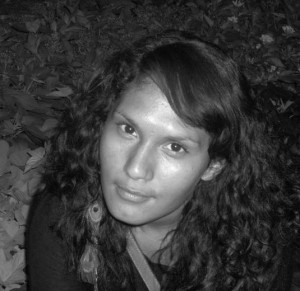I was given the opportunity to attend a 4+1 traduire/übersetzen/tradurre/translatar in Vevey, Switzerland this past March. When I chose Switzerland as the destination for my study abroad program, I thought I knew a thing or two about the country; I knew I would be housed in the French-speaking region, and that the other region was German-speaking. I knew that my favorite French author, Rousseau, was actually born in Geneva.
I was surprised, however, to find out just how much I didn’t know about the world of Swiss literature and writing. For instance, I had no idea that Switzerland has four official languages and that any Swiss author publishes in one language typically has his or her texts translated into the three languages. Many organizations strongly promote this translation of native authors, and, for that purpose, the 4+1 conference was created. The 4+1 conference is held annually and organized by the Swiss Foundation for the Pro Helvetia culture, along with other organizations of similar interests. This year’s conference was dedicated to the English language – promoting both the translation of texts from English and translation of native authors’ work into English.
Discussion was led by prominent British writers Jonathan Coe and Jon Steele with the help of their translators. Well-known Swiss writers publishing in Italian, German, Romansh, French, and in the Swiss-German dialect and notable American translator, John Taylor, were also present. While, in most cases, translators tend to work outside of the spotlight (their names sometimes don’t even appear on the book jacket) a translated work is just as much the translator’s as it is the author’s.
“More than a translation, the work I do is rewrite another version,” translator Donal McLaughlin said at one keynote. Taylor and McLaughlin shared some of the poems they were in the process of translating—work by Clo Duri Bezzola, Pierre Chapuis, and many more. They discussed the obstacles they faced when translating and the rewarding feeling that came from finding the nearly right word that almost has the same nuance as the original—and how in this way a translated poem becomes a version of the original.
One of the most interesting discussions flouted the French title “L’anglais n’existe pas!” or for those of us who don’t speak French, “English doesn’t exist!” Surprisingly, the amount of people who spoke English as a second language far surpassed the amount of native English speakers. The debate touched on the validity and plausibility of English as a universal, global language.
Interestingly, questions were often asked in French and then answered in English. Within the same panel, the speakers often would converse in three or four different languages to each other and to the audience at any given moment. As technology makes our world feel smaller, the possibilities for growth and community within the literary world becomes greater and greater. We have unlimited access to stories from all over the world, and readers who can read our work from every corner of the globe.

